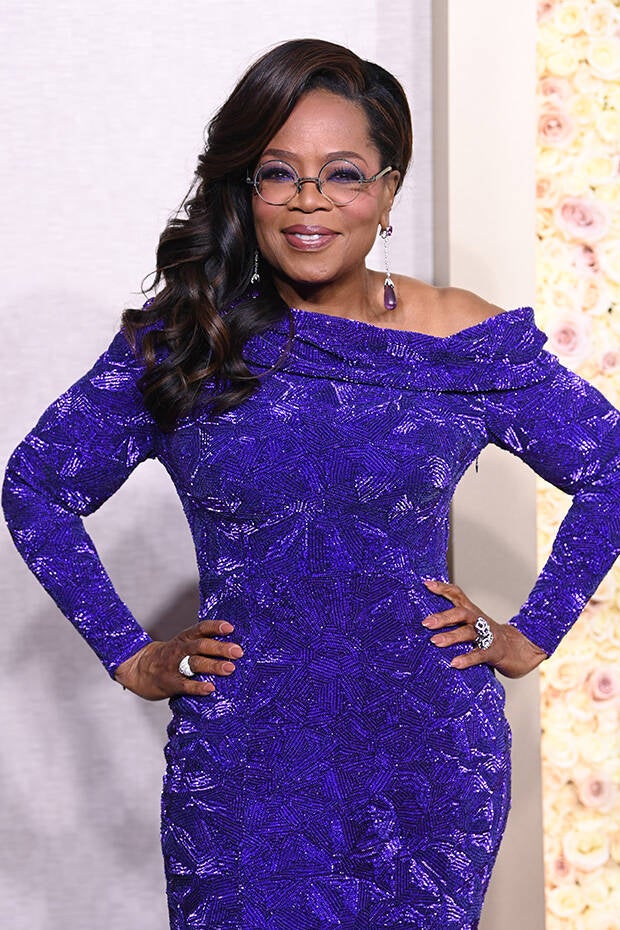
I recently watched a short segment of Oprah talking about menopause, and it honestly floored me. She shared that she experienced heart palpitations for two years, and not a single doctor ever mentioned it could be linked to menopause. It wasn’t until she read a book on the topic that she realized what was happening to her body. That’s terrifying—especially coming from someone like Oprah, who has access to some of the best healthcare in the world.
What really got to me was the deeper implication behind her experience. As a woman of color, it’s clear that even fame and power don’t always protect you from medical bias. Oprah wasn’t taken seriously. And sadly, this is something Black women deal with all the time. It’s heartbreaking and infuriating, and it speaks to a much larger, systemic problem in our healthcare system.
You can’t talk about medical neglect without bringing up the stories that have made headlines. Serena Williams had to advocate for herself after childbirth because no one was listening when she said something was wrong. It turned out she had life-threatening blood clots—and she had to push the doctors to check. She literally had to save her own life.
Another devastating example is Dr. Susan Moore, a Black physician who documented how she was mistreated in the hospital while battling COVID-19. Despite being a doctor herself, she was denied proper care, and her concerns were brushed aside. She later died. That story haunted me. If a doctor couldn’t escape medical racism, how can everyday women of color feel safe seeking care?
Its no secret that Black women face the highest maternal mortality rates in the U.S., regardless of education or income. That statistic alone should be enough to spark outrage and reform, but instead, these conversations often get swept under the rug. The result? Women suffering and dying unnecessarily because no one is listening to them.
As a Pakistani woman, I don’t pretend to fully understand the weight of what Black women face, but I see the patterns. I see how women of color are constantly dismissed, ignored, or told they’re exaggerating their symptoms. I’ve had moments where I’ve felt invisible in healthcare settings too—where I’ve had to push just to be heard. But what Black women face is compounded by generations of systemic racism, and that needs to be called out.
Oprah’s story is a painful reminder of how even serious symptoms can be minimized when you’re a woman of color. Menopause is already misunderstood and under-discussed, and if someone like Oprah has to go digging through books to find her answers, what about the rest of us? This isn’t just about raising awareness—it’s about demanding better care, better education for doctors, and accountability in a system that’s clearly failing too many people.
We need to keep talking about this. We need to keep sharing these stories until real change happens. Women of color, especially Black women, deserve to feel safe, respected, and heard when they speak about their health. No one should have to suffer in silence or fight to be believed—especially not when their lives are on the line.
Add comment
Comments